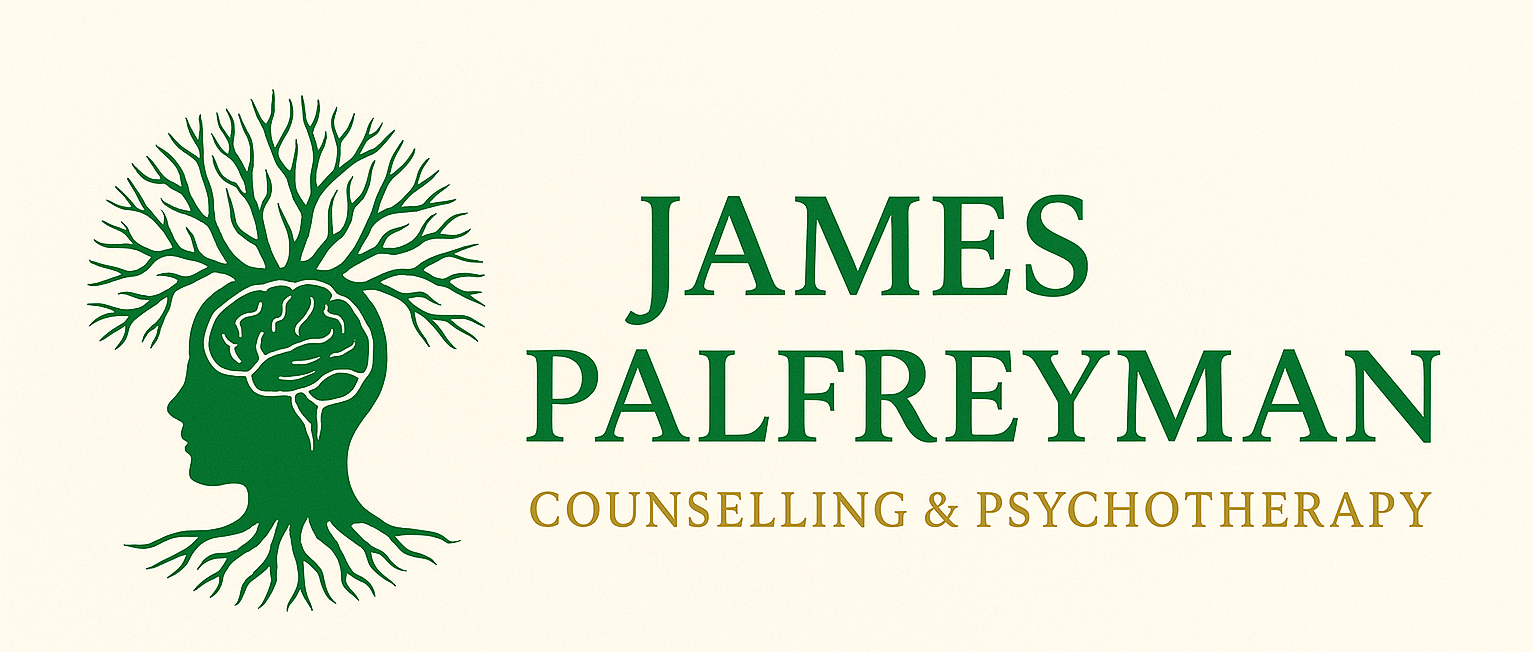
This is not the article I’d planned to write today for this World Mental Health Day. I had intended to write a fairly standard “What is Mental Health?” type piece with a focus on recovery and the types of things we can all do that can make a real difference to how we are feeling, even if it is only a small difference. After all, I know most of us would always choose to feel just a little bit better over a little bit worse, right? Okay, good!
However, I woke up this morning feeling more tired than when I went to bed last night, which is never a good start, but as I had my morning free, I thought I would do something kind for myself to ease my way into the day. With that in mind, I grabbed my notebook and pen and hopped into my car to set off to Gates Garden Centre. This isn’t intended to be an advert for Gates, but I have to say, it’s a bit of a sensory wonderland at the moment with the Christmas stock, displays and festive aromas (yes, I agree it’s way too early to be doing the Christmas countdown, but hey, it looks fab nevertheless!), and the autumn displays that just make me smile – I love autumn, with the woodland colours and smells, and their displays capture that pretty well, I think. Before I indulged in the visual treats, and the aromas of dried orange and spice, I figured I’d start with a tasty beverage in the cafe while I sat down to start penning my original idea for an article.
As I started to write though, I was distracted by the little laugh of a very tiny human, I’d say about 10 months old maybe? I’m pretty bad at guessing ages, but I’m sure she was less than one year old. Anyway, I’m pretty sure she was with her grandparents, and I was struck by how happy and at peace they all seemed. No distractions, no technology in sight, just three people effortlessly interacting with each other, with full attention, and all with big smiles on their faces. I caught myself smiling, and as they got up to leave, I reflected on what an impact that initial laugh, and those three smiles had had on me. It got me thinking about mental health, how small things can make a big difference, and how so much focus is given to recovery, and not enough time is given to how we might negate the need to recover in the first place. Surely the long-term solution to the mental health crisis lies in prevention rather than cure.
I hoped that the little girl would always have something to smile about, but I know she will face challenges as we all have; but, I hoped that what I had just witnessed was a snapshot of what her childhood would be like, and that she will grow up to face the challenges of life with the confidence and knowledge that she is enough, no matter what.
Recovery, of course, is vital. Without our own mental health recovery (whether we recognise that we are struggling or not), we risk passing on our less helpful traits to our own kids, and future generations as we model how to be in the world. But what if less recovery was needed in the future because we gave our kids all the tools they will need to face those future challenges? What if we promoted love, encouragement, and autonomy over fear, punishment, and convenience?
If we had to choose between raising ‘well-behaved children’ that would grow up to battle with anxiety as adults, or ‘annoyingly curious boundary pushers’ that grow up to be healthy, well-rounded adults, what would you choose? The options aren’t quite that clear-cut, but I think it is a fair question. So much emphasis is put on raising well-behaved, respectful children, that quite often we miss what that could mean for them as adults. Raising kids with unconditional love, with the encouragement to try, and possibly even fail, so that they can learn that not only is failure not such a bad thing, it can be an opportunity to learn and grow, will serve them much better in life than being told that they should stop doing something because they aren’t good at it or it isn’t convenient.
Raising a child with love, encouragement, and autonomy creates a nurturing environment that can have a really positive impact on their development into adulthood. Collectively, they help foster emotional security, self-confidence, and a strong sense of independence.
When a child grows up feeling loved and cared for, they develop a strong sense of security. Love is foundational for building emotional resilience and a healthy sense of self-worth. Encouragement helps children develop confidence in their abilities and instils a growth mindset, where they learn that effort and perseverance lead to success, and that failures are not the end of the world; and providing a child with autonomy allows them to make their own choices, solve problems, and learn from their mistakes, which in turn builds independence and critical thinking skills, along with developing appropriate communication skills.
When love, encouragement, and autonomy are balanced in parenting, the result is often an adult who is emotionally resilient; capable of managing stress, dealing with failure, and bouncing back from setbacks. They are likely to be self-assured, confident in their worth and abilities, with healthy self-esteem; motivated, driven by internal goals rather than external pressures, and willing to take on challenges. Your ‘adult child’ is more likely to be comfortable with change and open to new experiences, thanks to the safe environment they were given to explore and take risks in, and they are more likely to be empathetic and compassionate in relationships, both personally and professionally.
In short, the combination of love, encouragement, and autonomy helps foster a well-rounded, confident, and emotionally intelligent adult capable of navigating life’s challenges with resilience and optimism.
Raising a child through fear, punishment, and convenience, however, can have serious negative consequences for their emotional and psychological development, potentially leading to lasting impacts on their behaviour, self-esteem, and relationships as adults. These parenting approaches often promote insecurity, anxiety, and a lack of autonomy, which can create various challenges for the child as they grow older.
When fear is used as a primary tool for controlling a child’s behaviour, it can create a constant state of anxiety and insecurity. Fear-based parenting includes threats, intimidation, or overly harsh discipline, such as smacking, leading to a sense of instability.
Children spending time in these kinds of environments often grow into anxious adults who feel unsure of themselves and worry excessively about making mistakes or displeasing others. Constant fear can damage a child’s ability to trust others, so as adults, they may struggle to form healthy, trusting relationships, fearing judgment, betrayal, or rejection. Some may become overly compliant, always seeking to please others to avoid conflict or punishment. Others might rebel against authority as a way to assert control they didn’t have in childhood.
Punitive parenting emphasises harsh discipline over understanding or teaching, often relying on physical punishment, shame, or severe consequences without explaining why a behaviour is wrong or offering guidance on how to improve. The impact of this can be Low self-esteem; when punishment is given without guidance it can make children feel inherently “bad” or unworthy, leading to low self-esteem as adults. They might constantly feel like they’re not good enough, even in the absence of external judgment. Children who are punished harshly may model aggressive behaviour in their own relationships as adults, believing that conflict is resolved through control or dominance. Conversely, they may become passive, afraid to assert themselves for fear of retribution. Harsh punishment doesn’t teach emotional regulation, which is a massively important part of parenting. As adults, these individuals may struggle with handling their emotions effectively, either suppressing their feelings or lashing out inappropriately.
Let’s face it, parenting on the whole is really not convenient; but raising a child based on convenience often means parenting in a way that prioritises the parent’s needs or comfort over the child’s, avoiding difficult, but nevertheless important conversations or not addressing a child’s emotional or developmental needs. This can manifest as neglect, inconsistent discipline, or apathy.
Children raised in this way may feel emotionally neglected, as their feelings and needs were not seen as important. As adults, they may struggle to recognise or express their emotions, leading to problems with emotional intimacy in relationships. If decisions were always made for the child for the sake of convenience, as an adult, they might lack the confidence to make their own choices, relying heavily on others for direction. Conversely, the child might grow up with poor boundaries and little sense of responsibility if their behaviour was only occasionally managed or disciplined based on what was convenient for the parent. This could lead to irresponsibility and poor self-discipline in adulthood.
When fear, punishment, and convenience dominate parenting, the cumulative effects often result in adults who struggle with low self-worth, believing they are fundamentally flawed or undeserving of love and success. They are more likely to have difficulty forming healthy relationships, where trust, communication, and emotional vulnerability can be challenging, leading to issues in personal and professional relationships.
They may develop a fear of failure or making decisions, as the fear of punishment or failure may make it difficult to take risks or make decisions, leading to stagnation or excessive dependence on others. Some kids will respond to these negative parenting styles with anger and rebellion, carrying unresolved resentment into adulthood, which can manifest in authority issues or destructive behaviours. Ironically, all in the name of having a well-behaved child.
In essence, parenting through fear, punishment, and convenience can lead to an adult who feels emotionally insecure, struggles with self-worth, and lacks the tools needed for healthy decision-making and relationships. They may also carry unresolved emotional wounds that affect their ability to function confidently and independently in the world, due to the chronic stress, depression, or other mental health related issue that was essentially created as a consequence of their adult’s behaviours, rather than their own misadventures.
This isn’t to say that all well-behaved kids grow up to be insecure, anxious or depressed adults, but we do need to be mindful of the seeds we are planting, and the impact that our actions today could potentially have on future generations. Perhaps also, when we see adults struggling with their mental and emotional wellbeing, we can be a little more empathetic and understanding of their experiences, and what they might need in those moments.
Oh! And be kind to yourself, too! If any part of this article resonates with you it doesn’t mean you’re broken. If anything, it just means that you’re experienced, but it doesn’t have to mean that you are now the finished article. There is always time to heal, to learn and to grow.
Thank you for reading!


Leave a Reply